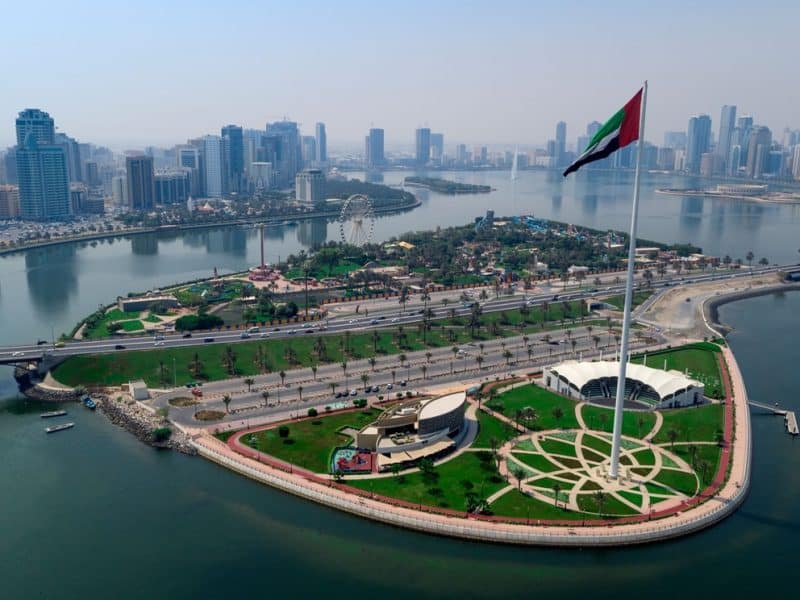Untreated mental illness in the Gulf Cooperation Council results in at least 37.5 million productive hours, a new report showed, costing the economy up to $3.5 billion.
Approximately 15 percent of the GCC’s population suffer from mental health issues in any given year, the PwC Middle East study noted, highlighting the region’s shortage of psychiatrists – only 2.85 per 100,000 people.
“One out of four people will suffer from some form of mental illness during their lifetime. Yet more than 75 percent of those who need mental health care do not seek it,” Lina Shadid (below), a health industries leader at the consultancy firm said in a release.
She said poor mental health can have drastic economic consequences, emphasizing the need for increased investment.
“The good news is there are numerous cost-effective interventions available to governments to help to improve educational outcomes, reduce criminal justice costs, boost workplace productivity, and, most importantly, reduce mortality and improve the quality of life of their citizens,” Shadid explained.

Stigma around mental health
According to a study by the Global Burden of Disease, around 75 percent of people who experience mental health do not seek professional help.
In Saudi Arabia, 90 percent of those with severe mental disorders do not seek treatment. Only four percent of the Ministry of Health’s budget is allocated to mental health.
In a survey done in the UAE by PwC, approximately 30 percent of 1,000 respondents were reluctant to seek professional help due to the fear of being judged by employers. The report also noted the limited insurance coverage for mental health care in the region.
“Governments are the ‘ultimate guardian’ of the public’s health, and so they are in a position to take prime responsibility in making sure mental health is promoted and care is accessible to all those who need it,” Farah Yehia, Middle East Health Industries at PwC Middle East said.







